Gaming venues in NSW urged to go cashless to stem laundering of drug money in slot machines

SYDNEY – Gambling venues in Australia’s largest state, New South Wales, are being urged to ban the use of cash to prevent widespread money laundering by criminals, who are laundering billions of dollars each year.
The push to curb laundering of so-called “dirty money” follows a major review by the state’s law enforcement agencies, which found that slot machines are being used by criminals to launder money and to gamble with “impunity”.
New South Wales (NSW) has one of the world’s highest number of slot machines per capita. Currently, there are 86,747 gaming machines in the state, which has 8.2 million residents.
About A$95 billion (S$86 billion) in cash flows each year through the state’s slot machines that are almost all found in the gaming rooms of pubs and clubs.
An extensive inquiry by law enforcement agencies, overseen by the NSW Crime Commission, examined the use of slot machines at pubs and clubs, and found that a “significant amount” of money gambled at the venues was the proceeds of crime.
NSW Crime Commissioner Michael Barnes said last week that the money being laundered by criminals came to “many” billions of dollars each year, and mainly involved the proceeds of drug dealing.
“At the moment, serious offenders can enter NSW pubs and clubs, sit down next to patrons in gaming rooms, and openly feed large sums of cash from their crimes into poker (slot) machines with no real fear of detection,” he said.
“It is a deeply concerning peculiarity that in the largely cashless digital economy in which we live, gambling in NSW pubs and clubs remains a A$95 billion-a-year information black hole.”
Despite the rest of the economy increasingly moving away from the use of cash, drug dealers still tend to use cash and often need to find ways to either launder their money or to gamble it without detection.
Criminals can currently potentially put up to A$5,000 into a slot machine – which is the maximum amount that can be loaded into a machine in NSW – and make a small bet before withdrawing the remainder of the funds as alleged winnings.
But they also use their ill-gotten money to gamble for enjoyment which, according to the commission, is more prevalent than “cleaning” – though both activities are considered laundering.
The commission’s report recommended that compulsory cashless cards be introduced to remove the anonymity of gamblers and allow the tracing of gaming activities.
But the proposal was criticised by the state’s pubs and clubs lobby groups, which described the push for cashless cards as overreach.
“We have an industry on its knees post-Covid now being told to introduce an unproven, untested, un-costed and unnecessary cashless system which treats every patron like a criminal,” said Mr John Whelan, the head of the Australian Hotels Association of NSW.
The commission’s inquiry followed growing concerns about failures by the nation’s casinos to prevent money laundering.
Australia’s largest casino operator, Crown, was fined A$80 million in May by the regulator in the state of Victoria, while Sydney’s largest casino, The Star, was slapped with a A$100 million fine in mid-October. This was after a series of inquiries found that they engaged in a range of misconduct that included facilitating widespread money laundering.
The inquiries have led to the resignations of senior executives and prompted calls to shut down Australia’s casinos.
Casinos in Australia have begun moving towards adopting cashless cards. But the NSW government has not yet adopted the commission’s proposal for cashless cards at pubs and clubs. Political analysts say lawmakers have been reluctant to risk the ire of the state’s powerful gaming lobby.
NSW Premier Dominic Perrottet, a Liberal MP, said he wanted to stamp out criminal behaviour but planned to work with the gaming sector to address money laundering at slot machines.
“We need to do everything we can as a state to fix it,” he said.
But the state’s crossbench MPs, along with the Greens, plan to introduce legislative changes to make cashless cards compulsory – a move that will put pressure on the ruling Liberal-National Coalition, which does not have a parliamentary majority.
An independent MP, Mr Alex Greenwich, who is backing the changes, told The Sydney Morning Herald: “The last thing we want is for the adoption of cashless gaming cards in casinos to shift more money laundering and problem gamblers to pubs and clubs.”








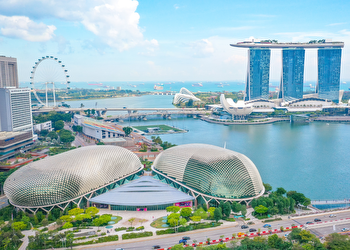

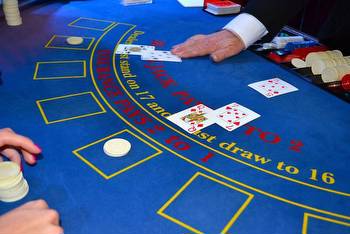
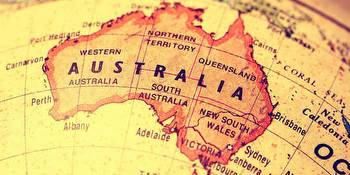
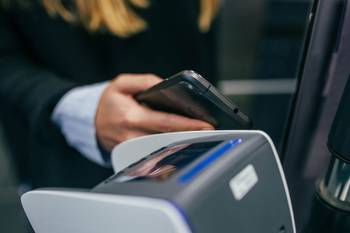
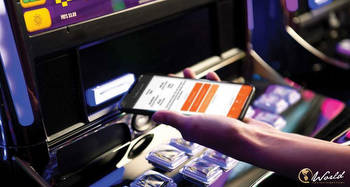


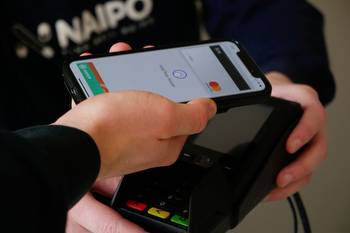

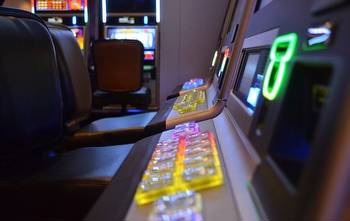
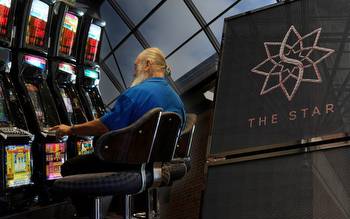
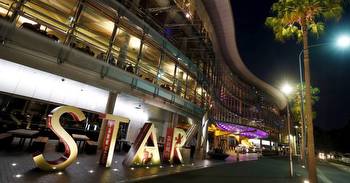
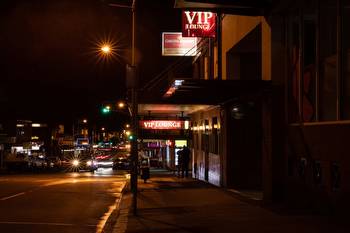




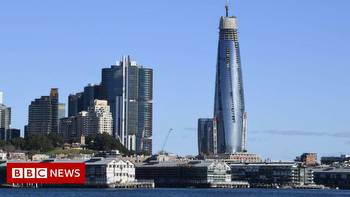

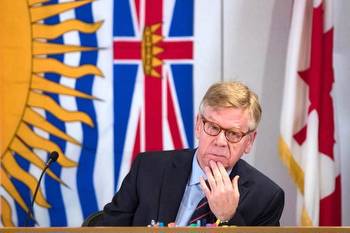
.jpg)



